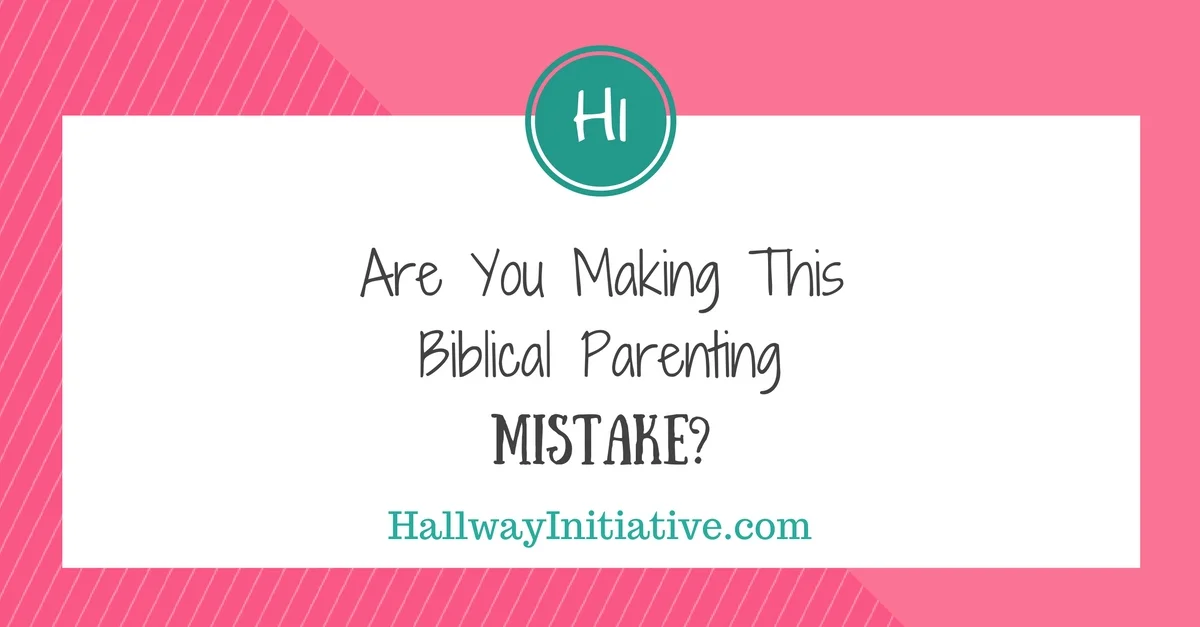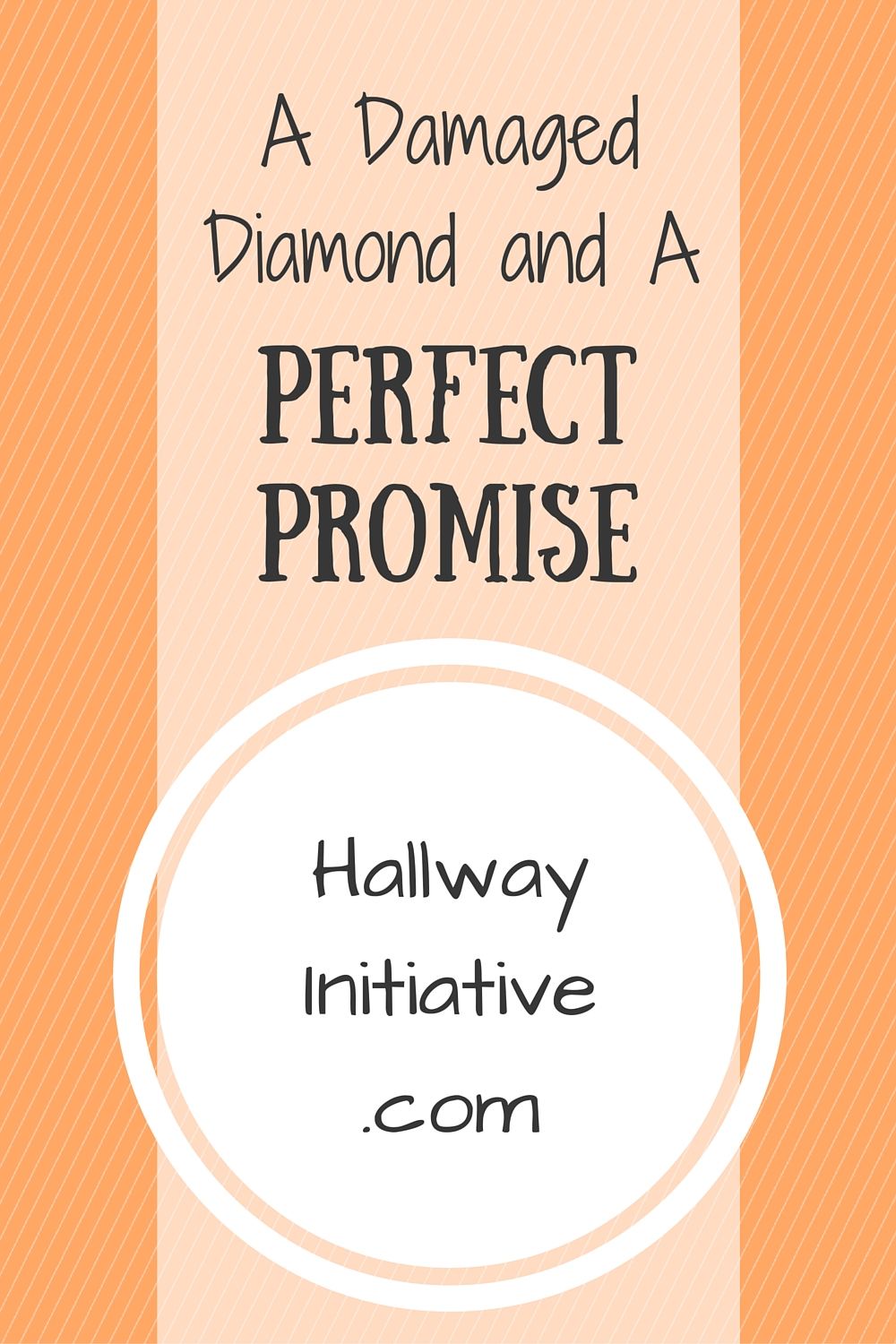 Today, I want to ask a deeply personal question:
Today, I want to ask a deeply personal question:
How is your marriage?
I mean, how is it really?
Are you happy with it the way it is, or do you long for it to be better?
Even if you have a fabulous marriage, I hope you still want it to improve. Why? I firmly believe that even the best marriage in the world can be better. None of us is perfect, and as long as marriages consist of two imperfect people, there will always be room to grow.
But, what if your marriage is in shambles? What if you're certain that there's no hope? Well, here comes the exciting part: as long as there is life, there is hope. Hope for a marriage rescue boat.
Jon and I have been blessed with a really, really good marriage. Not a perfect one, but by God's grace alone, our marriage has been rock solid even though our life together has been anything but. Because I've been given the gift of a good marriage, I want you to be able to have the blessing of a good marriage, too.
Today, I want to share three free ways to nurture your marriage today, no matter how good - or not - your relationship with your spouse currently is.
Pray for your husband.
You're not surprised that this is top on my list, are you? I'd venture to say that most Christian wives do pray for their husbands. But are you like me, where you fire off so-called "Nehemiah" prayers - a quick "please watch over and bless him, Lord" before rushing about your day?
When was the last time you took time to set aside distractions and got down on your knees in deep, exhaustive prayer for your husband? In truth, I'm not sure I've ever done this. Lately, though, I've been feeling the Holy Spirit's convicting me that I need to start praying more fervently for him. In preparation for this post today, I decided to try praying specifically and deliberately for Jon for 5 minutes. I fell asleep half way through. (At least I'm in good company, since the disciples couldn't stay awake with Jesus in the Garden of Gethsemane, but that doesn't make me feel any better about my poor praying ability.)
Despite this disastrous start, I'm not going to give up in deepening my prayers for Jon's and my marriage. Clearly, this is going to take a good bit of effort on my part, but it will be a worthwhile endeavor. Marriages are under constant attack, and we can never pray enough for our spouses and our marriages.
Prioritize him over your kids.
When your husband walks through the door at the end of the day, who is the first to greet him - you or the kids? I once heard on the radio a wife who was miffed at her husband for being more excited about seeing their daughter than about seeing her. The radio host asked a simple question: "Who is more excited to see him, you or your daughter? If your daughter is dropping everything to run up to him with squeals and delight while you finish stirring dinner on the stove before giving him a peck on the cheek, can you blame him for appearing to enjoy her more?"
Children are certainly a blessing, but if we don't prioritize our husbands over our kids, marriages can accidentally take a back seat to parenting. God designed marriage before he included children, though, so following His order for families is a must.
This is another area where I personally need to improve, though I am doing better than I used to. My spark plugs were constantly bombarding Jon the moment he walked in. I finally told the kids they had to wait to hug Dad until I'd had my turn! Jon now gets home earlier while the kids are still napping, so I try to have his lunch ready and to ask him about his day before going back to whatever project I was involved in before he arrived.
Become a good listener.
Is there something that your husband has been mentioning, something that he'd like done, that you could do to make his day easier? Perhaps the toys in the hallway impede his walk, or maybe he's been wishing for you to make that amazing dessert again. Learning to listen for these little cues and then following through on them when we can could make a world of impact on our marriages.
Jon has mentioned several times that the two things that bother him most about the house are crumbs on the kitchen floor and toys in the walkways. The kids and I have worked at making toy pickup a routine before nap time so that when Jon gets home, there aren't usually toys to trip over. But I haven't quite made sweeping the kitchen floor as big of a priority as I should. My goal this summer is to get that integrated into our routine so that it happens automatically.
Doing these small things for our husbands shows that we're listening, that what matters to them also matters to us, and that we are actively working on serving them. The hard part comes when we start doing these things and they go unnoticed.
Fervently praying for your husband, prioritizing him over the kids (and pets, I might add), and listening to the things he mentions are all wonderful ways to improve your marriage. They are all things that don't depend at all on his contributions, and they're things that any wife in any situation can do since they don't cost anything other than time.
But what if your husband doesn't notice all the hard work and effort you're putting into your marriage? What if you start doing these things and more but it doesn't seem to make any difference?
Even wonderful husbands don't always notice everything we do for them. It isn't necessarily that they're being rude, but it can be hurtful to try your best to serve and please him only for him not to notice. The key is to remember Who it is you're actually serving. If you're trying to implement these ideas and suggestions in order to serve your husband, it's likely that, at some point, he won't notice and you'll be hurt. But if you do them because doing so is serving the Lord, then it won't matter as much if/when your husband isn't fully aware of all the small things you're doing to help make his day run more smoothly.
Marriage is teamwork. By doing what you can to improve your marriage and keeping your heart tender toward the Lord's leading, you can do much to improve your contributions to your marriage. If your marriage is good, your actions may inspire your husband to reciprocate in kind. If your marriage is in a rough spot, doing these things means you're doing what you can to ease the situation.
You can always nurture your marriage in one way or another, starting right now. Let's strive together to improve our relationships with our husbands, whether those relationships are already fabulous or we're hoping that they will be some day.
May I challenge you? Will you join me this week in 1) praying at length for your husband, 2) giving him priority, and 3) working at becoming a better listener? If so, leave a comment letting me know that you're joining me this week in improving in these three areas!





 If I'm honest, I was a little nervous to create and send out a reader survey. I mean, what would happen if no one responded? I promised to share the results. It sure wouldn't be amazing to say, "uh, well, I can't give you exact statistics..." But because I'd heard about how valuable a tool a reader survey can be, I took a leap, posted the survey, and asked my readers to fill it out.
If I'm honest, I was a little nervous to create and send out a reader survey. I mean, what would happen if no one responded? I promised to share the results. It sure wouldn't be amazing to say, "uh, well, I can't give you exact statistics..." But because I'd heard about how valuable a tool a reader survey can be, I took a leap, posted the survey, and asked my readers to fill it out.






















 Today, I want to ask a deeply personal question:
Today, I want to ask a deeply personal question:

 Do you have a bucket list?
I didn't think I did, but last night I realized I do. A few items on my "to-do" list include:
Do you have a bucket list?
I didn't think I did, but last night I realized I do. A few items on my "to-do" list include:



 For the first 10 years of our marriage, I worked part time first as a church secretary and then as a piano teacher to supplement Jon's income. I found both jobs enjoyable and appreciated each of them, and by carefully planning my schedule, we never had to pay for childcare. Even so, I would have greatly preferred to be home full time. Between the fact that I’m a complete introvert and that I believe a woman’s primary ministry is in her home (though, of course, her home is not her only ministry!), I didn’t like having to leave my husband and little ones in order to work.
For the first 10 years of our marriage, I worked part time first as a church secretary and then as a piano teacher to supplement Jon's income. I found both jobs enjoyable and appreciated each of them, and by carefully planning my schedule, we never had to pay for childcare. Even so, I would have greatly preferred to be home full time. Between the fact that I’m a complete introvert and that I believe a woman’s primary ministry is in her home (though, of course, her home is not her only ministry!), I didn’t like having to leave my husband and little ones in order to work.
 Last week, I smashed my diamond wedding ring in the folds of Baby D’s heavy stroller. Expecting the worst, I checked for damage, and sure enough, I’d bent one of the prongs on my large diamond. (Although difficult to see in the above photo, the lower left prong is out of place and isn’t even touching the diamond. You can click on the picture to see a close-up view.) This is actually the third time that I’ve wrecked my ring, and I was frustrated that I’d been careless with it once again. The incident reminded me of a post I wrote years ago on an old blog, so I decided to repost it here.
Last week, I smashed my diamond wedding ring in the folds of Baby D’s heavy stroller. Expecting the worst, I checked for damage, and sure enough, I’d bent one of the prongs on my large diamond. (Although difficult to see in the above photo, the lower left prong is out of place and isn’t even touching the diamond. You can click on the picture to see a close-up view.) This is actually the third time that I’ve wrecked my ring, and I was frustrated that I’d been careless with it once again. The incident reminded me of a post I wrote years ago on an old blog, so I decided to repost it here.
 “Mommy, NEED milk!”
“Mommy, NEED milk!”
 I love how God created each of us with our own personality and yet designed each and every one of us in His image. Since I just celebrated my 34th birthday, I thought it would be fun to post 34 things about myself that make me who I am and that many people may not know about me.
I love how God created each of us with our own personality and yet designed each and every one of us in His image. Since I just celebrated my 34th birthday, I thought it would be fun to post 34 things about myself that make me who I am and that many people may not know about me.


